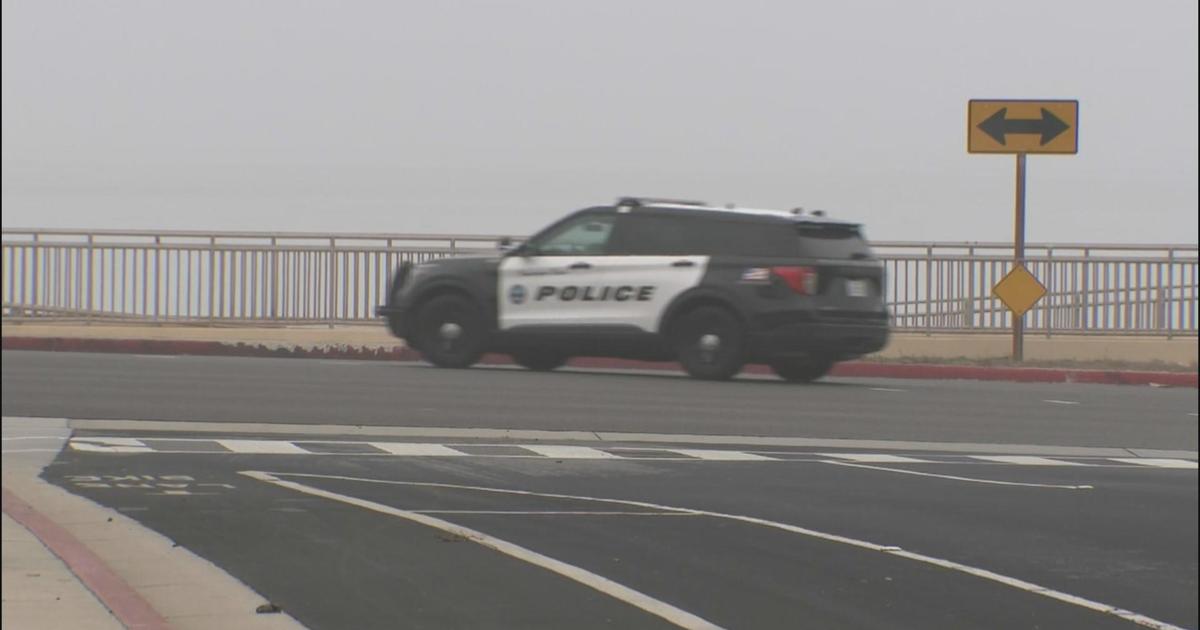Mary Bella's Law stalls in the California state legislature
A few brave women are determined to change the trajectory of surviving sexual abuse in California with SB 286, also known as Mary Bella's Law.
"This is spiritual warfare, and right now the enemy is winning," Mary said.
The proposal would have closed a loophole in state law that allowed early prison release for some of the most egregious violent sex offenders. However, after unanimously passing the state Senate Public Safety Committee in April, the bill died in another committee last week.
Depending on the conviction and sentence, an inmate is eligible for elderly parole after 20 years in prison and reaching 50 years old or serving 25 years of their sentence and reaching 60 years old. The prisoners would still need to go before a panel. If they are denied, they would have to wait between three and 15 years for their next hearing.
Last year, there were 8,001 parole hearings, according to the California Department of Corrections and Rehabilitation. After those meetings, 33% of prisoners were denied compared to the 14% who were granted parole. Roughly 22% of inmates had their parole hearings either canceled, continued or postponed.
"The people on our team are going to be the voice," Mary said. "That's not going to happen here in California. It's not happening anymore."
Mary's uncle, Cody Woodsen Klemp, was convicted of continuously sexually abusing her when she was a little girl. While he has a previous conviction for rape, he became eligible for parole after serving 29 years of his 170-year sentence.
Klemp was granted parole in 2023, but it was ultimately denied after a review ordered by Gov. Gavin Newsom. His next hearing is tentatively scheduled for October 2029.
Claira Stanbury's sister, Bella, was kidnapped and sexually abused when she was five years old. Her abuser, Charles William Mix, became eligible for parole two decades into his 350-year sentence.
"His lack of remorse, they said it was deplorable," Stanbury said. "And what the legislators did to Mary Bella's law was just as deplorable."
Mix became eligible for parole in June 2023. However, the panel denied his parole in 2024. His next hearing is tentatively scheduled for September 2031.
"I think I was just really disappointed in the system and the process that our government has, where something could go up and die before it's even voted on," victim's advocate Maggie said.
Republican state Senate minority leader Brian W. Jones, who authored the proposal, said the bill died in secret.
"First, it was this elderly parole put in place late at night in a secretive process through the budget committee," Jones said. "Now, the bill dies in a secretive process called the appropriations and suspense file in Sacramento, which is behind closed doors."
He said that during that process, the governor, Senate and Assembly leadership meet to decide which bills live and which die without debate or a vote.
"This is one of the casualties of that undemocratic system," Jones said.
He claimed it would be hard to figure out why the bill died.
"What they're saying is that their money and the sex offenders have priority," Stanbury said.
They said the data used for the bill's fiscal impact was missing and inaccurate.
"I have an army of women and men, and we're gonna speak up," Mary said. "We will not stand down."
Jones said they have until the end of the session in September to rework the bill.




